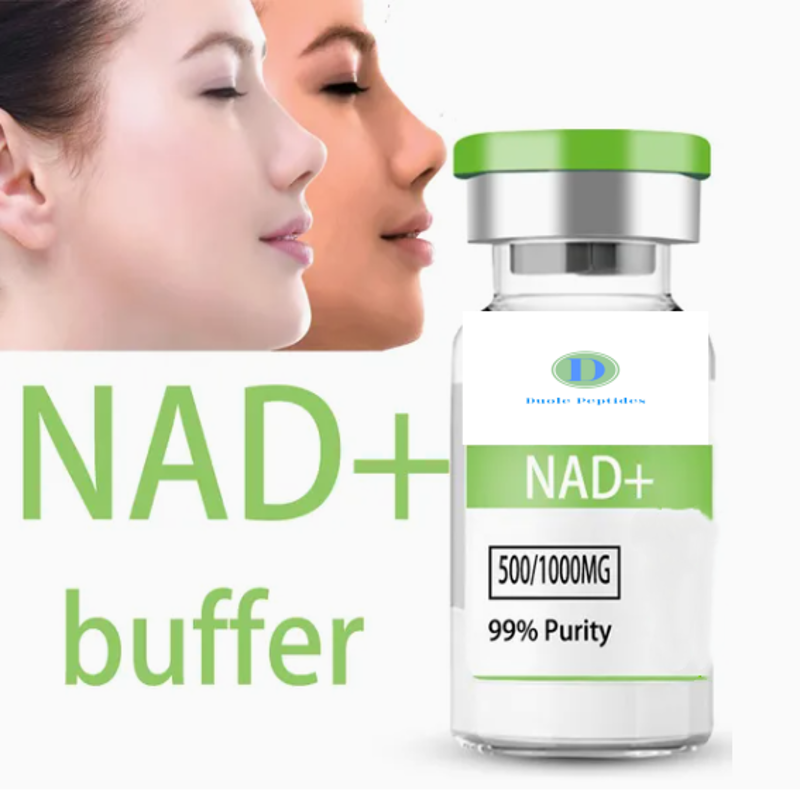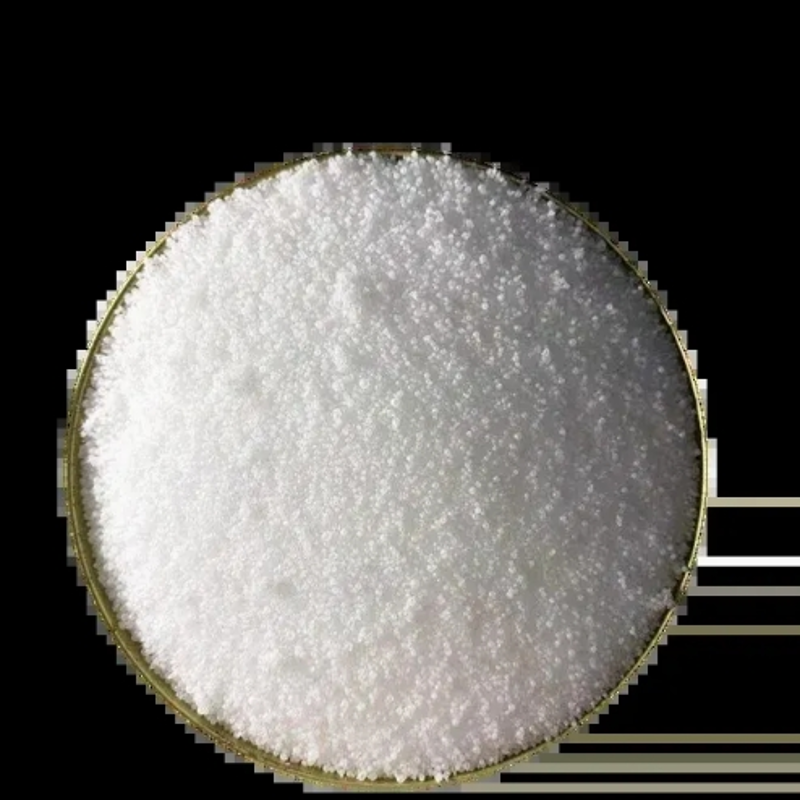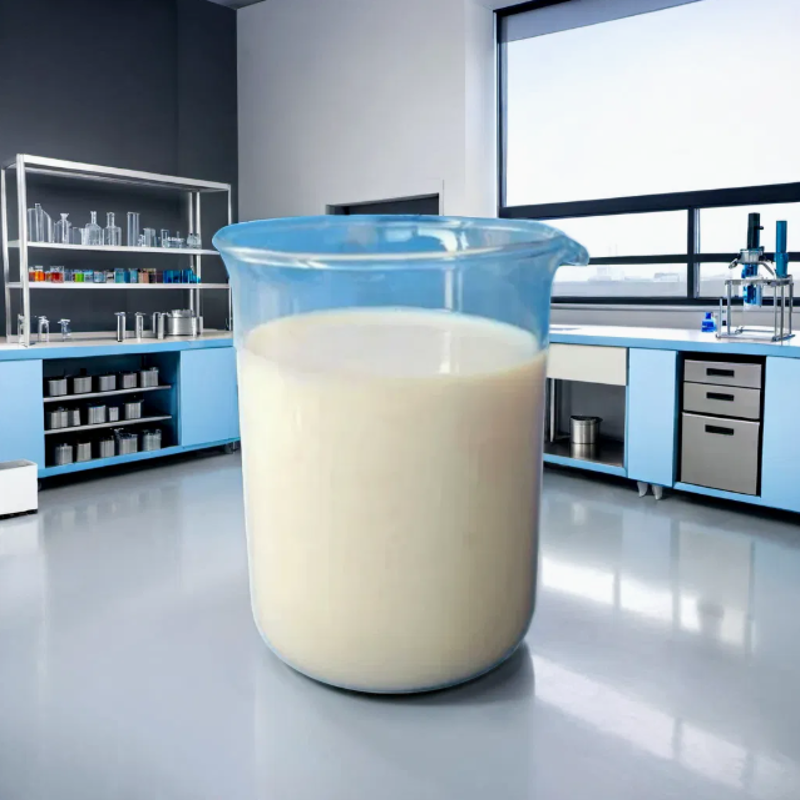-
Categories
-
Pharmaceutical Intermediates
-
Active Pharmaceutical Ingredients
-
Food Additives
- Industrial Coatings
- Agrochemicals
- Dyes and Pigments
- Surfactant
- Flavors and Fragrances
- Chemical Reagents
- Catalyst and Auxiliary
- Natural Products
- Inorganic Chemistry
-
Organic Chemistry
-
Biochemical Engineering
- Analytical Chemistry
-
Cosmetic Ingredient
- Water Treatment Chemical
-
Pharmaceutical Intermediates
Promotion
ECHEMI Mall
Wholesale
Weekly Price
Exhibition
News
-
Trade Service
Isobutanol is a versatile chemical compound that is widely used in the chemical industry.
It is produced through a multi-step process that involves several chemical reactions.
The production process of isobutanol can be classified into four main stages, which are fermentation, distillation, purification, and final product isolation.
Fermentation is the first stage in the production of isobutanol.
It involves the use of microorganisms such as yeast and bacteria to convert sugar or starch into isobutanol.
The fermentation process takes place in a large tank or vat, where the microorganisms are added to a nutrient-rich medium.
The microorganisms consume the sugar or starch and produce isobutanol as a byproduct.
The isobutanol produced during fermentation is usually impure and contains other alcohols and organic acids.
The second stage in the production of isobutanol is distillation.
Distillation is a process that involves separating the various components of a mixture based on their boiling points.
In the case of isobutanol production, the fermented mixture is distilled to separate the isobutanol from the other components.
The distilled isobutanol is then collected and purified further.
The third stage in the production of isobutanol is purification.
Purification involves the removal of impurities from the distilled isobutanol.
This is achieved through several methods, such as filtration, adsorption, and crystallization.
Filtration involves passing the isobutanol through a filter to remove any solid impurities.
Adsorption involves passing the isobutanol through an adsorbent material that binds to the impurities.
Crystallization involves cooling the isobutanol to a temperature at which the impurities precipitate out of solution.
The final stage in the production of isobutanol is final product isolation.
This involves the isolation of pure isobutanol from the purified isobutanol.
This is achieved by several methods, such as fractional distillation and solvent extraction.
Fractional distillation involves distilling the purified isobutanol to separate it into different fractions based on their boiling points.
Solvent extraction involves using a solvent to selectively extract the isobutanol from the mixture.
In conclusion, the production process of isobutanol involves several stages, including fermentation, distillation, purification, and final product isolation.
Each of these stages is crucial to the production of pure, high-quality isobutanol.
The ability to produce high-quality isobutanol efficiently and cost-effectively is essential to the continued growth and prosperity of the chemical industry.







